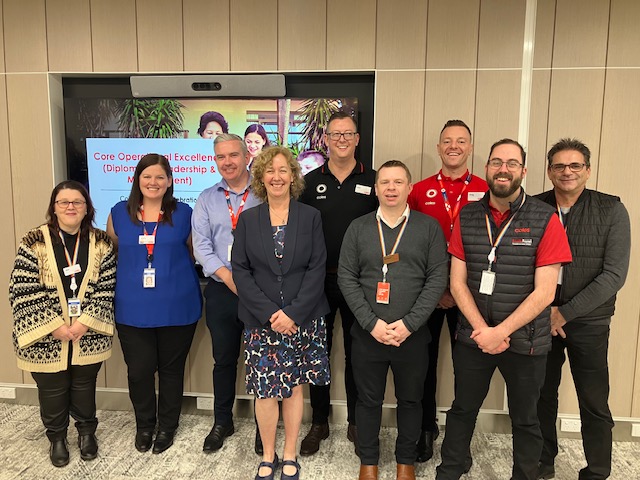How Developing Business Acumen Can Transform Your Leadership Skills
In today’s world, developing operational and business acumen is crucial for leaders aiming to drive sustainable growth and foster a culture of continuous improvement. At Quality Business Services (QBS), we understand the challenges you face—inefficiencies, disengaged teams, and ineffective leadership. But don’t worry; you’re not alone. Many organisations struggle with these issues. According to a Harvard Business Review article, effective leadership is a key driver of organisational success. So, how can you enhance your leadership capabilities and streamline operations? Let’s dive in.
Understanding Operational and Business Acumen
Developing operational and business acumen isn’t just about understanding financial statements or market trends. It’s about seeing the bigger picture, knowing the operational levers and making informed decisions that align with your company’s goals. Imagine being able to anticipate market shifts or identify operational inefficiencies before they become a problem. Sounds like a superpower, right? Well, it’s more attainable than you might think.
Why Operational and Business Acumen Matters
Why should you care about developing operational and business acumen? Simply put, it empowers you to make strategic decisions that drive measurable improvements. Whether you’re leading a well-established company or a growing enterprise, having a keen business sense can set you apart. It helps you understand the intricacies of your industry, foresee challenges, and seize opportunities. Ever tried making a decision without all the facts? It’s like driving blindfolded—not recommended!
Building Strong Leadership Capabilities
At QBS, we believe that strong leadership is the cornerstone of any successful business. But what makes a leader truly effective? It’s not just about barking orders, setting targets or endless coaching conversations (let’s face it – you can’t coach a process or KPI to improve!). It’s about inspiring your team, fostering collaboration, and creating an environment where everyone feels valued. Developing operational and business acumen plays a pivotal role here. It enables you to lead with confidence, backed by a deep understanding of your business landscape and the drivers of performance.
Practical Steps to Enhance Operational and Business Acumen
So, how do you go about developing operational and business acumen? Here are some practical steps that follow the 70/20/10 approach to learning:
- Continuous Learning: Stay updated with industry trends and best practices. Read books, attend workshops, and engage in courses.
- Networking: Connect with industry peers and thought leaders. Join forums and attend conferences to exchange ideas and insights.
- Coaching: Seek guidance from experienced leaders. A coach or mentor can provide valuable perspectives and help you navigate complex challenges.
- Hands-On Experience: Get involved in cross-functional projects. This will give you a holistic view of your organisation and help you understand different aspects of the business.
- Analytical Thinking: Conduct rapid test and learns in your ecosystem to explore cause & effect relationships. Learn to interpret data and use it to make informed decisions.
Creating a Culture of Continuous Improvement
Developing business acumen is not a one-time effort. It’s an ongoing journey that requires commitment and dedication. At QBS, we are passionate about a culture of continuous improvement. Encourage your team to embrace change, experiment with new ideas, and learn from failures. Remember, innovation often stems from mistakes. So, don’t be afraid to take calculated risks.
The Role of Structured Learning and Expert Coaching
Structured learning and expert coaching are invaluable tools in developing operational and business acumen. At QBS, we offer tailored training programs designed to enhance your leadership capabilities. Our expert coaches provide personalised guidance, helping you identify areas for improvement and develop actionable strategies. Think of it as having a personal trainer for your business skills!
Recognised Qualifications to Boost Your Credibility
In a competitive labour market, having recognised qualifications can give you a significant edge. They not only validate your skills but also enhance your credibility as a leader. At QBS, we offer a range of qualifications that are widely recognised in the industry. Whether you’re looking to upskill or pivot your career, our programs can help you achieve your goals.
Take the Next Step
Are you ready to transform your leadership capabilities and drive measurable improvements in your organisation? Download Your FREE Leadership Skills Audit today and discover how QBS can help you build a culture of continuous improvement. Visit Quality Business Services to get started. Remember, the journey to developing operational and business acumen begins with a single step. Why not take it today?

 Quality Business Services
Quality Business Services
 Quality Business Services
Quality Business Services

 Quality Business Services
Quality Business Services
